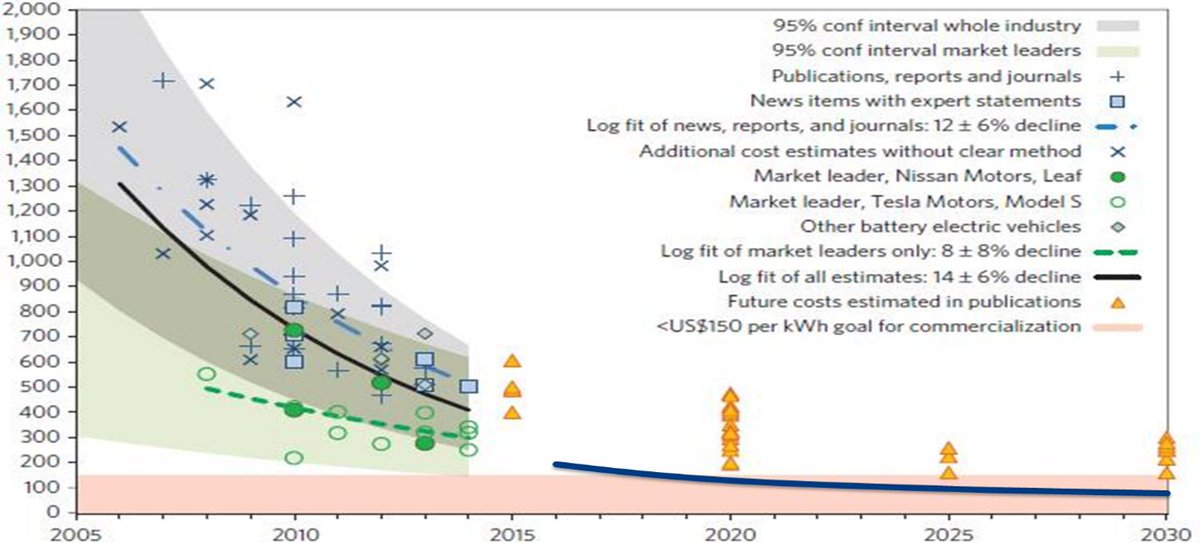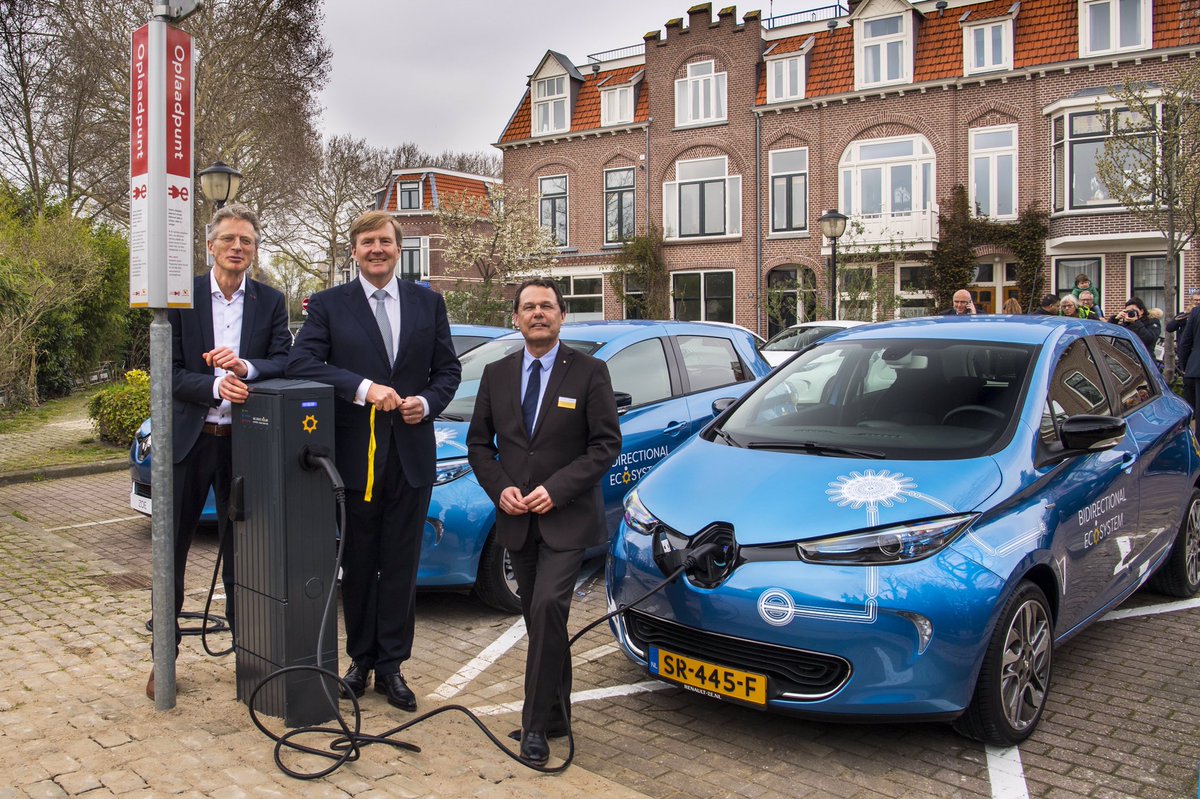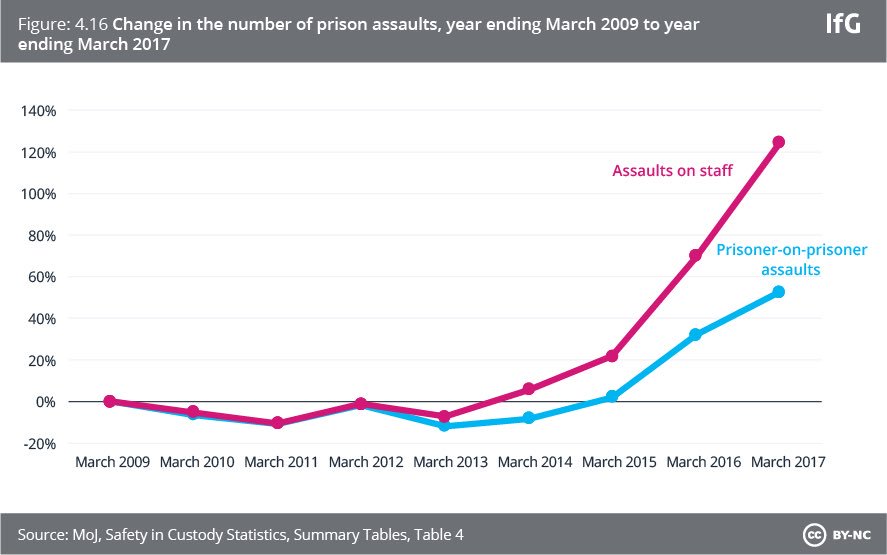We can talk Dutch in subthreads but I think the same mistakes are made in other countries so I made an English summary.
nederlandelektrisch.nl/u/files/2019-0…
I'll start with the obvious one: don't count the tax breaks for frugal cars that are not EVs.
Often a number of 6 billion is used in the press when 3/4 went to cars without a plug and of the remaining 1/4 90% to PHEVs.
People try to keep their monthly cost constant which means that without the tax break they bought a cheaper gasoline vehicle on which they paid lower taxes.
What I learned in the past months is that there is also an additional behavioral effect...
Together the behavioral effects bring down the cost of EV stimulation in the Netherlands by around 90%!
tweedekamer.nl/downloads/docu…
Since taxes, energy and maintenance are all costs to society (you and I pay them all!) it makes sense to include them all. If you do that, @Leefomgeving shows EV stimulation becomes essentially budget neutral over 2021-2030.
This still excludes:
- Less CO2 emissions (>2Mton/yr)
- Less NOx and PM and thus health costs
- Move spending from oil states to our state
- Leading position in charging industry











